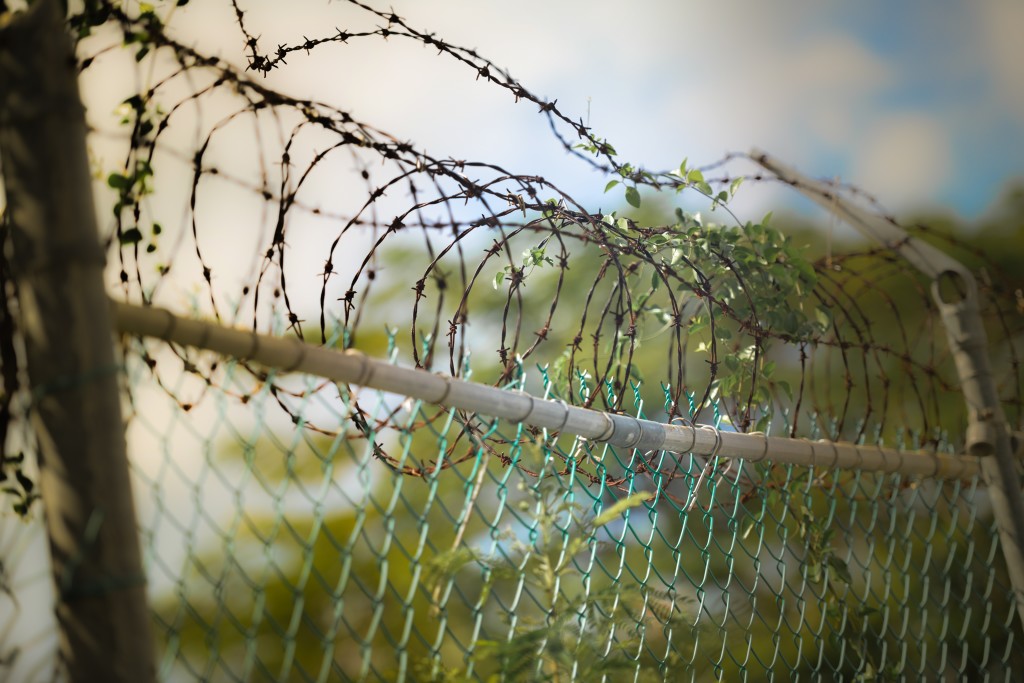Insight
February 25, 2016
Obama Shouldn’t Close Guantanamo to Save Money

When President Obama announced his long-awaited plan to close the detention facility at Guantanamo Bay this week, his comments included a surprising new argument: that closing the military prison would save money.
Amidst a speech laden with the conventional rhetoric about closing Guantanamo in order to protect national security and advance universal values, the president’s statement that closing the detention facility would save taxpayer dollars seemed out of place. “Let me point out,” President Obama proclaimed, “the plan we’re submitting today is not only the right thing to do for our security, it will also save money.”
The president’s assertion has always been that the detention facility at Guantanamo undermines our national security, runs contrary to American values, harms relationships with allies, and provides propaganda terrorists use to recruit. There are many reasons to disagree with those claims, but putting them aside for a moment, let’s focus on the president’s new argument that Guantanamo “drains military resources.”
The detention facility, which currently houses 91 detainees, cost nearly $450 million to operate last year. To keep it open moving forward, the Pentagon estimates it would require more than $200 million of construction costs in addition to annual funding.
The president’s plan is to transfer as many of the detainees as possible to other countries (35 are currently eligible) and move the remaining ones to the United States. The plan estimates between 30 and 60 detainees would end up in U.S. prisons. It is worth noting that transferring detainees to facilities within the United States would violate current law.
The administration released details of the estimated cost savings: up to $85 million annually compared to keeping Guantanamo open with the same number of detainees. Even accounting for the cost to transfer the detainees, the plan finds savings due to the lower operating costs of domestic facilities and the fewer number of detainees that would be in U.S. custody. President Obama said closing Guantanamo would generate net savings of over $300 million in 10 years and up to $1.7 billion over 20 years.
The problem in this “cost savings” logic is that the whole point of having the detention facility at Guantanamo is that it keeps terrorists out of the fight, which means we are not spending money fighting them on the battlefield. Last year, the Director of National Intelligence reported that of the 653 detainees who had been transferred out of Guantanamo to date, 117 were confirmed to have returned to terrorist activities – an 18 percent recidivism rate. An additional 79 detainees were suspected of reengaging in terrorist activities – another 12 percent of potential recidivism.
Those recidivism rates mean that under the president’s plan to transfer 35 detainees to other countries, between six and 10 of them are likely to return to terrorist activities. Fighting those terrorists will cost money. A Reaper drone, the unmanned aerial vehicle (UAV) that has been particularly useful in U.S. counterterrorism operations, costs $14.5 million. Flying the drone costs almost $5,000 per hour. Hellfire missiles, which can be launched from drones, cost over $100,000 each.
The bottom line is, closing Guantanamo may save some money, but we will have to spend money to fight any detainees who return to terrorism on the battlefield – particularly with drone surveillance and missile strikes. The irony here is that the Obama Administration turned to drone strikes for its counterterrorism strategy as an alternative to capturing terror suspects in an effort to close Guantanamo.
In all likelihood, the president’s plan to close the detention facility at Guantanamo is dead on arrival on Capitol Hill. Even if it did come to fruition, however, it is unlikely that emptying the prison would address what the president claims are the underlying national security issues – terrorists are not opposed to Guantanamo in particular; they are opposed to American detention of the terror suspects in general. Moving the majority of those detainees from a base in Cuba to U.S. prisons is unlikely to resolve the grievances radical Islamic terrorists have with America.
If closing Guantanamo would help protect our national security, the cost savings wouldn’t matter. In fact, it’s worth spending money to protect our national security. The president suggesting that saving taxpayer dollars is even part of the rationale for closing Guantanamo undermines his argument that it is the right thing to do for our security.
And it goes without saying that if even one of the transferred detainees were involved in a deadly terrorist attack, the money we saved from closing Guantanamo would be the last thing on our minds.










